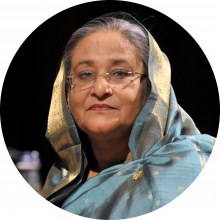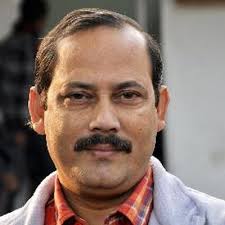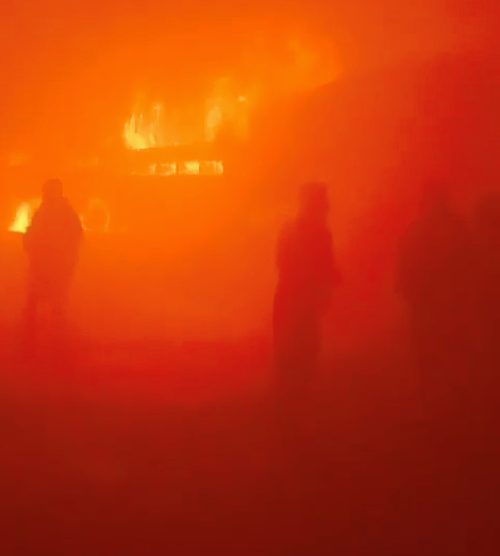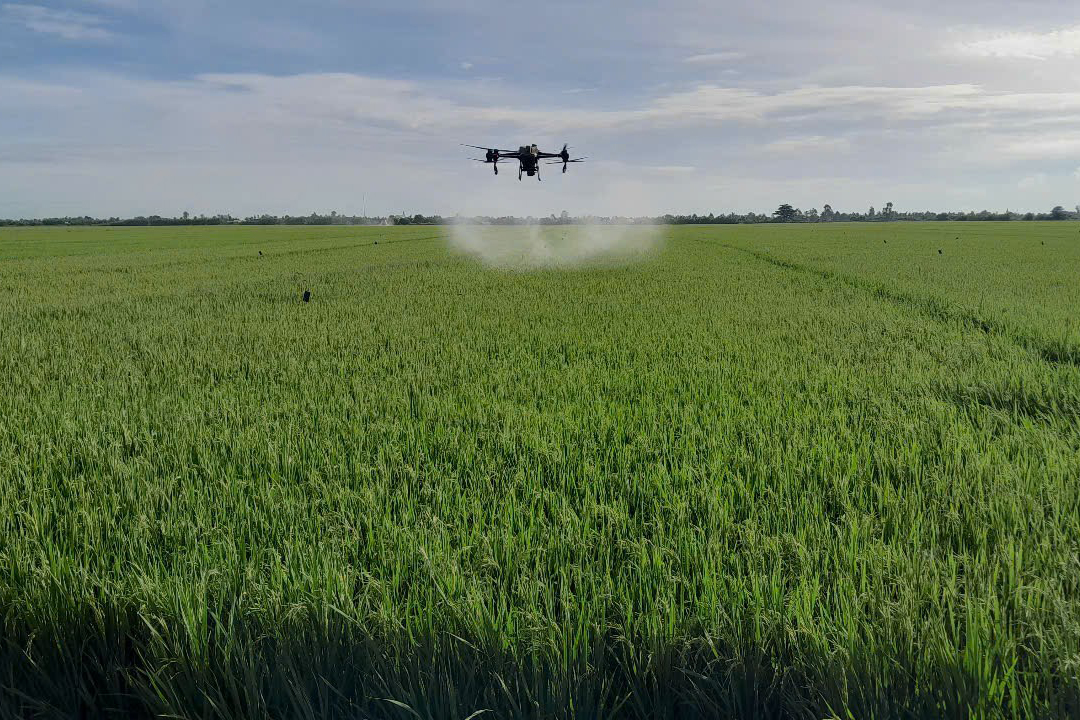
Sheikh Hasina
Will ousted prime minister Sheikh Hasina return to Dhaka from New Delhi where she has taken refuge after fleeing Bangladesh? As it is, more troubles are waiting for Bangabandhu Sheikh Mujibur Rahman’s celebrated daughter and a four-time PM.
While she fled her country to take refuge in India, back home, she now faces several police complaints where she is accused of being a conspirator behind the killing of hundreds of civilians including students from July 1, 2024, till her hurried departure on August 5, 2024 from Dhaka. Hence, her immediate return, as the Awami League chief reportedly expected, seems to be bleak for the time being.
There are growing speculations that Dhaka will ask New Delhi to send back Hasina to face trials in her country. Giving shelter to Hasina after her departure, the Indian Union government may find it embarrassing to deal with the situation, if the interim government demands her extradition. The interim government under the leadership of Nobel laureate Professor Muhammad Yunus has decided to launch a probe into the killing of nearly 600 people during the mass uprising against the Hasina-led government.
Today, Indian Prime Minister Narendra Modi held a telephone conversation with Professor Mohammad Yunus to reaffirm India’s support for a democratic, stable, peaceful and progressive Bangladesh. Modi emphasised India’s commitment to supporting the people of Bangladesh through various development initiatives and also underlined the importance of ensuring the safety and protection of Hindus and all other minority communities in Bangladesh. Prof. Yunus, in turn, assured that the Interim Government would prioritise the protection, safety and security of Hindus and all minority groups in Bangladesh. The two leaders also discussed ways to take the bilateral relationship forward in line with the respective national priorities. It was not known whether Hasina figured in their talks.
Bangladesh apex court’s bar association has already urged New Delhi to arrest Hasina and her sister Rehana who accompanied her to India, and send them back to Dhaka for trials. The forum claimed that protesters were violently targeted by the law enforcement agencies along with the workers of Awami League and its affiliates namely Chatra League and Juba League.
The International Crimes Tribunal (ICT), which was redefined by Hasina herself to adjudicate the war criminals of the 1971 liberation movement against the then West Pakistani forces, has started an investigation against Hasina along with a few others with charges relating to genocide during the anti-government job-quota protest demonstration.
The petition in ICT against Hasina and some of her trusted associates in the ministry and party was submitted by one Md Bulbul Kabir (father of Arif Ahmed Siam, a ninth-standard student who was killed during the job quota reform movement). In his petition, siam accused Hasina and some others of ordering a violent crackdown on the protestors resulting in the killing of several students. Earlier, a relative of Faizul Islam Rajon (a student of Dhaka Model Degree College) lodged a complaint against the authorities for his death due to police firing during the movement. One more case was lodged following the killing of a businessman identified as Abu Said.
Now a fact-finding team from the United Nations is expected to arrive in Dhaka in the next few days to investigate alleged atrocities on Bangladesh civilians including students and young people during the anti-quota movement in July and the first week of August 2024. A peaceful protest demonstration demanding reform in the job quota system turned violent and widespread across the country. A source close to the interim government head Professor Yunus said that the UN team will come next week to Bangladesh. It’s the first time since Bangladesh was born in 1971, that a UN fact-finding delegation is coming to the Muslim-majority nation of 170 million people.
The prime opposition Bangladesh Nationalist Party (BNP), which boycotted the last general elections of January 7, 2024, also demanded an impartial investigation into all the killings during the unrest. Led by former Prime Minister Khaleda Zia, the BNP even insisted on a probe to be conducted by the United Nations to identify the culprits involved with the massacre of agitating students and young people. Arguing that a government-sponsored (read Hasina regime) genocide should be probed by an impartial investigation agency of international standards, the BNP leadership urged the functioning interim government of Bangladesh, which was sworn in on August 8, to endorse the inquiry.
Indian Prime Minister Narendra Modi during his 78th Independence Day speech to the nation on 15th August 2024, mentioned the situation in Bangladesh and expressed concern over the violent attacks on Hindus and other minority communities during the unrest. He hoped that Bangladesh would return to normalcy soon. Modi however did not talk anything about Hasina getting shelter in India. Earlier Modi also conveyed best wishes to Prof Yunus for his new responsibilities.
*Senior journalist






